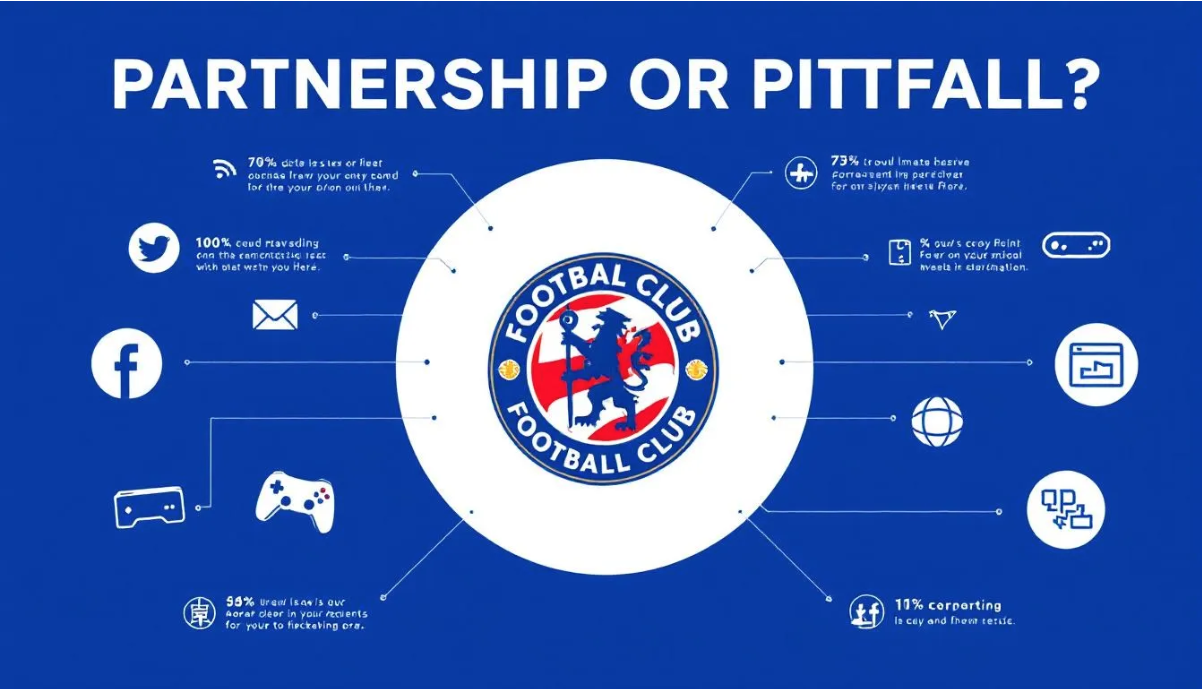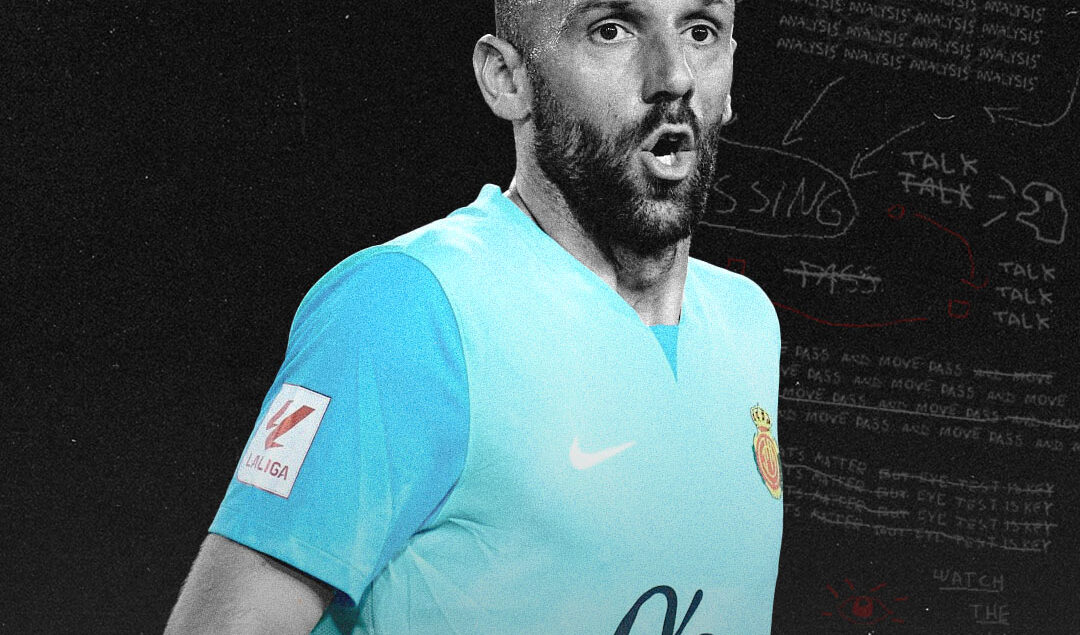Football Club Social Gaming Partnerships: Partnership or Pitfall?

Football clubs worldwide are continually seeking innovative strategies to engage fans and expand their reach. These partnerships now span the globe, reflecting the worldwide appeal and influence of football and social gaming collaborations. As the football and gaming industry evolves, these collaborations are increasingly shaping the way clubs connect with their audiences. Many football clubs, some of which were founded in the 19th century in England, have deep historical roots that contribute to their enduring popularity. The Football Association (The FA) has played a pivotal role in the growth and development of football, especially in England, setting standards and promoting the sport at all levels. One prominent trend has emerged in recent years: social gaming partnerships, such as sixty6 social casino, which present new opportunities for football clubs to innovate and engage with fans in dynamic ways. However, the question remains—is this strategy genuinely beneficial, or does it carry significant risks for the future of club-fan relationships?
The Appeal of Social Gaming to Football Fans and Clubs
Football clubs increasingly gravitate toward social gaming because of its remarkable potential for fan engagement and attracting new audiences globally, with football fans being the primary audience for these platforms. Social gaming, unlike traditional gaming, thrives on user interaction, community building, and competition without the direct financial risks of traditional betting. These platforms allow clubs to interact dynamically with their fanbase, particularly younger demographics more comfortable with digital interfaces in a digital space designed for interactive experiences.
One critical benefit of football club social gaming partnerships is increased fan engagement. Social gaming platforms offer interactive and community-driven experiences that enhance loyalty and fan connection, with users playing a central role in driving engagement and platform success.
Fans can predict match outcomes, participate in virtual leagues, and compete against players and peers, thus strengthening their emotional investment in the club and following the excitement of a league season through social gaming. Some clubs also use these partnerships to promote exercise and physical activity, encouraging fans to stay active and improve their wellbeing. These platforms also provide exclusive content, such as behind-the-scenes photos, footage, and special interviews, to enhance the fan experience. Through these partnerships, clubs help bring fans closer to their favourite teams and players by offering immersive experiences and unique access.
Moreover, football clubs benefit financially from these partnerships. Sponsorship deals and revenue-sharing models from gaming platforms provide additional streams of income, crucial for clubs in competitive markets seeking financial stability.
Case Studies – Successful Partnerships

Several prominent football clubs have already reaped significant rewards through social gaming partnerships. One noteworthy example is Manchester United’s collaboration with digital gaming platforms, designed to boost digital interaction and fan community-building, particularly in women’s football. Manchester United has been supporting the women’s game by teaming up with digital platforms and has partnered with other organizations to maximize engagement. By teaming with partners to elevate its profile, Manchester United leverages the combined forces of clubs and brands working together, creating engaging experiences for fans and developing content strategies that leverage creators and video to tell inspiring stories. Through this partnership, Manchester United successfully attracted millions of global fans into a cohesive digital community, significantly enhancing their global brand and fanbase engagement.
Similarly, FC Barcelona has actively embraced social gaming strategies, achieving tremendous success in global markets. The club has been partnering with brands in the UK and across the sports industry, further expanding its reach. Their new partnership featured exclusive content and brought fans closer to their favourite players, offering access to behind-the-scenes videos and interactive experiences. The club launched virtual gaming events that attracted thousands of participants, including women, expanding their global brand visibility and reinforcing fan loyalty through engaging, football-themed digital competitions.
These successful case studies illustrate that when strategically executed, social gaming partnerships provide substantial benefits in terms of fan engagement, global brand growth, and incremental revenue generation. These clubs are proud of developing new partnerships that showcase their creativity and create access and opportunities for the next generation and new generation of fans. Driven by passion, these collaborations help fans discover new stories, inspire young supporters to dream and play the game, and focus on creating memorable experiences while supporting the growth of the beautiful game.
Risks and Criticism
Despite the clear advantages, football club social gaming partnerships do not come without risks. A significant concern centers on brand reputation and the life cycle of the club’s image. Clubs risk alienating traditional fans who might view these gaming initiatives skeptically or negatively, considering them as distractions or commercial exploitation of fan loyalty. There is also a need for greater awareness of potential risks associated with these partnerships, as clubs must be mindful of how their actions impact both their image and their audience.
Additionally, ethical issues arise concerning the potential exposure of young fans to gaming environments. Critics argue that clubs must tread carefully, ensuring they do not inadvertently encourage unhealthy gaming behaviors or gambling-like patterns among younger demographics. There is also the risk of missing opportunities to engage fans responsibly and positively, which can undermine the overall effectiveness of these initiatives. Clubs cannot afford to miss key moments to engage fans and maximize the impact of their partnerships, as missing these opportunities can result in lost brand exposure and reduced fan engagement.
For example, Arsenal’s team faced criticism when they explored partnerships that critics argued blurred lines between harmless fan engagement and exploitative marketing practices. Such backlash can damage fan trust and create negative media coverage, impacting club reputation significantly.
Regulatory and Ethical Considerations
Navigating regulatory frameworks is another critical challenge facing football clubs entering the realm of social gaming. Regulatory standards vary significantly across regions, posing compliance challenges. Clubs must diligently adhere to these laws to avoid legal pitfalls and potential fines or sanctions in the sport, while also showcasing their creativity in navigating these regulations. Each club needs to act as a responsible organization, demonstrating accountability and commitment to regulatory compliance.
Furthermore, ethical considerations are paramount, particularly regarding responsible gaming. Football clubs must implement rigorous standards to prevent the exploitation of vulnerable demographics and to promote responsible gaming practices, showing their support for ethical engagement. This includes dedicated efforts and teams focused on fostering responsible gaming environments. Clubs that fail in this responsibility risk significant reputational damage and legal consequences.
Moreover, clubs must transparently manage their marketing messages and clearly distinguish between purely entertainment-oriented gaming and activities that might mimic or encourage gambling behaviors, especially among younger fans. Social gaming platforms also provide services that help reinforce this distinction, supporting safe and enjoyable experiences for all users.
Best Practices for Football Clubs
For football clubs considering social gaming collaborations, careful planning and strategic execution are essential. First, clubs must ensure alignment between their brand values and the social gaming platforms they choose to partner with, carefully selecting platforms that prioritize responsible gaming, robust user protections, and effective branding to enhance visibility and engagement. Generating creative ideas is crucial to ensure that each partnership is a perfect fit for the club’s brand and goals.
Transparency should be at the forefront of any social gaming partnership. Clubs need clear communication strategies to articulate the purpose and benefits of these initiatives to their fans, with a focus on clear messaging. Open dialogues and clear messaging about responsible engagement in entertainment are vital for maintaining fan trust and loyalty.
Additionally, robust monitoring and feedback mechanisms are essential to continually assessing partnership effectiveness. Clubs must regularly evaluate user engagement levels, fan feedback, and the overall impact on their brand image and the market, adjusting strategies to maximize benefits while minimizing potential drawbacks.
Social gaming collaborations represent a promising yet complex opportunity for football clubs. While they offer substantial benefits in fan engagement, revenue generation, and global brand visibility within the sport, these partnerships also carry significant risks in terms of brand reputation, ethical concerns, and regulatory compliance.
Ultimately, football clubs must strike a delicate balance, carefully navigating potential pitfalls while leveraging the powerful opportunities these collaborations offer. With strategic planning, transparency, responsible practices, and continuous evaluation, football clubs can successfully harness the potential of social gaming partnerships, turning possible pitfalls into profitable, engaging opportunities.
To find more information and resources about successful football club social gaming partnerships, explore our recommended guides and case studies.
